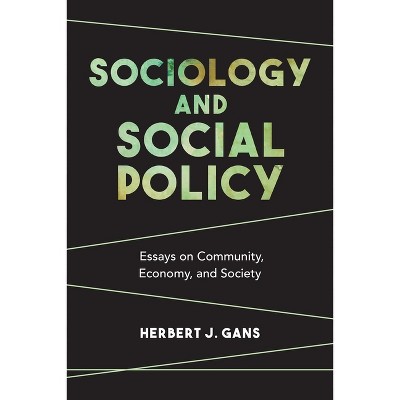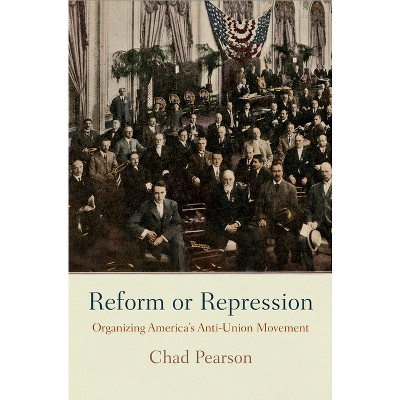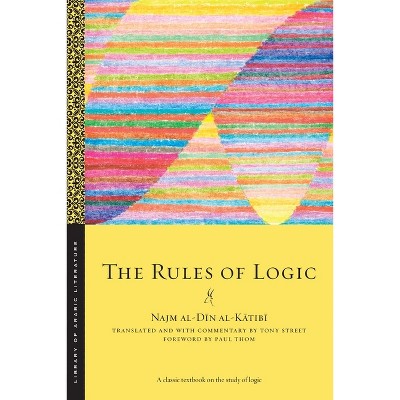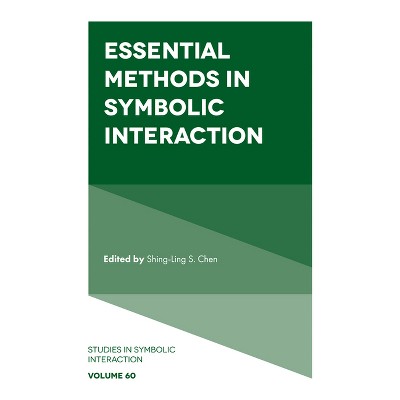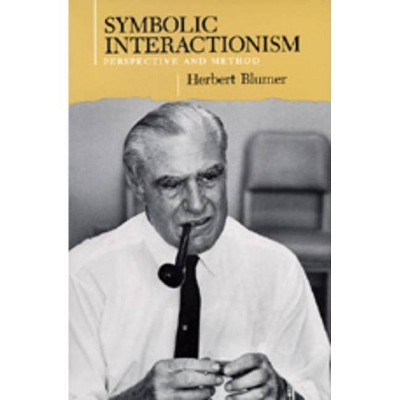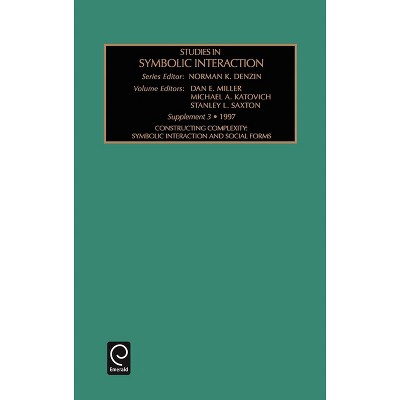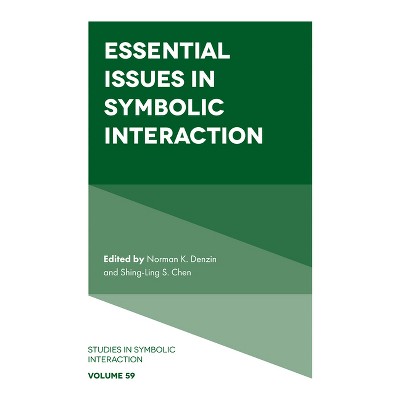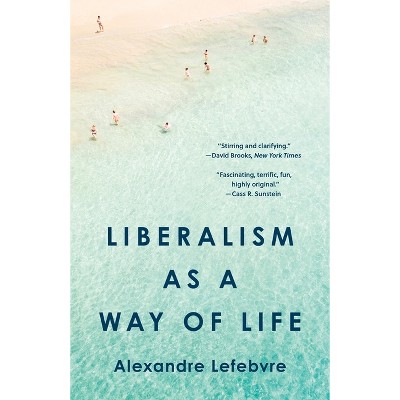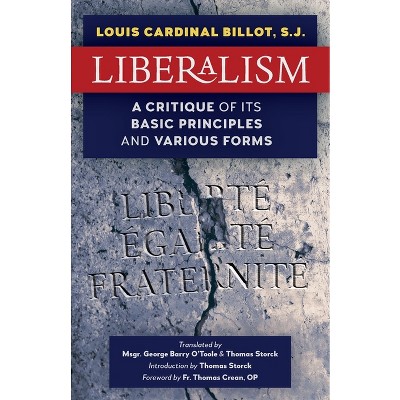Sponsored

Against Symbolic Liberalism - by Sari Hanafi
In Stock
Sponsored
About this item
Highlights
- In an era of deepening polarization, Sari Hanafi examines how social scientists often reproduce the very injustices they seek to challenge, taking entrenched positions while dismissing alternative perspectives.He introduces the concept of symbolic liberalism - a contradiction in which individuals espouse classical liberal principles, yet act in politically illiberal ways.
- Author(s): Sari Hanafi
- 264 Pages
- Social Science, Sociology
Description
Book Synopsis
In an era of deepening polarization, Sari Hanafi examines how social scientists often reproduce the very injustices they seek to challenge, taking entrenched positions while dismissing alternative perspectives.
He introduces the concept of symbolic liberalism - a contradiction in which individuals espouse classical liberal principles, yet act in politically illiberal ways. This, he argues, has exacerbated the pathologies of late modernity: authoritarianism, economic precarity, and environmental destruction, now all unfolding in a climate where reasonable debate seems increasingly impossible.
Examining key flashpoints of contemporary polarization, Hanafi critiques how symbolic liberalism inflates the universality of rights while simultaneously narrowing the space for dialogue. Rather than this rigid ideological stance, he calls for a dialogical turn, a renewed public sphere where diverse conceptions of the 'common good' engage in genuine conversation.
Blending political and moral philosophy with sociological critique, Hanafi offers a path forward in an age when intellectual exchange is more necessary, yet also more imperilled, than ever. Against Symbolic Liberalism is not just a critique of polarization but a critical and impassioned call to reclaim meaningful intellectual discourse.
Review Quotes
In a time of deep polarization and rising authoritarianism, this book reminds us that sociology must engage with civil society. In his book, Hanafi offers a rigorous critique of symbolic liberalism. Many who speak in the name of human rights or progress end up reproducing exclusion through identity-based dogmas or elitist universalism. What Hanafi proposes instead is a dialogical sociology that listens, argues, and transforms--not from above, but from within. It is a sociology that reclaims its public mission and its capacity to build agreements across real differences. - Ramón Flecha, University of Barcelona
In this pioneering project, Sari Hanafi employs a breadth of global knowledge to show that illiberal political culture has its genesis not only in forces that claim it, but also in those that claim to be its opponents. Here we learn that the genealogy of what Hanafi calls "symbolic liberalism"--a mixture of classical liberalism and political illiberalism--includes certain style of enunciating emancipatory claims that have led to current repressive realities. Anyone who wishes to see a way out of this impasse will find a compelling guide in this powerful book, whose intellectual range helps us all, north and south, understand how the road to illiberalism is paved with liberal intentions. - Mohammed Bamyeh, Einstein Fellow, Berlin Graduate School of Muslim Cultures & Societies
Shipping details
Return details
Trending Non-Fiction





